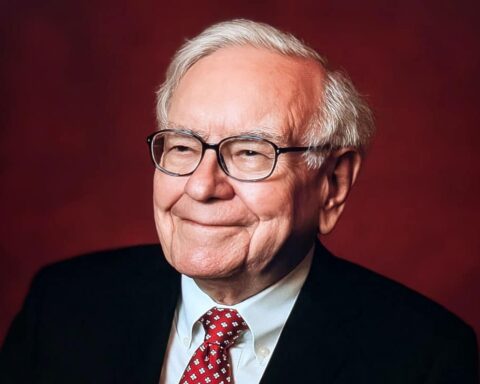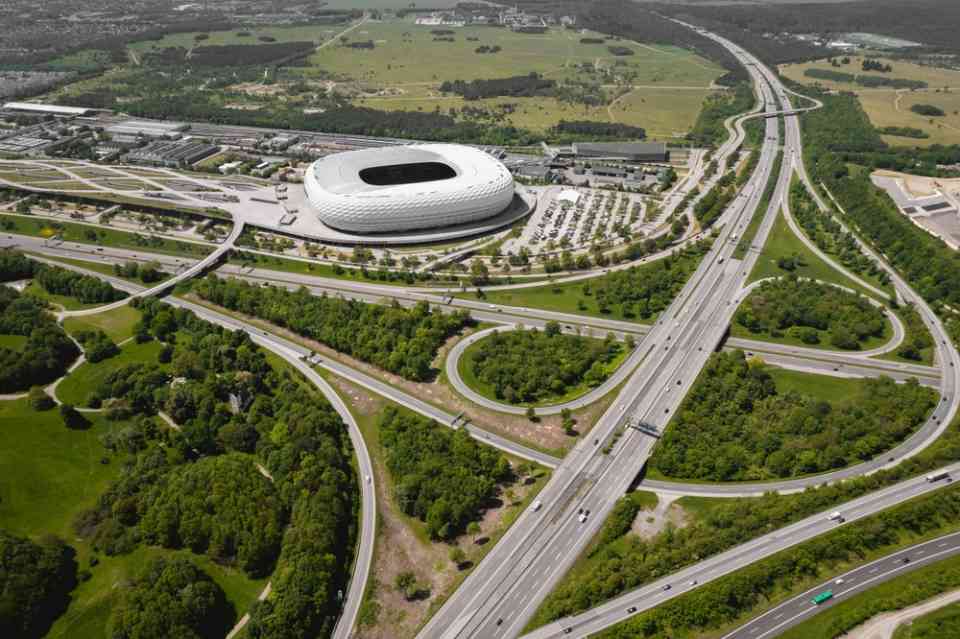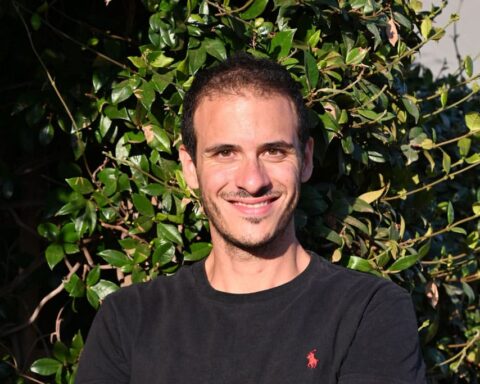Jan-Christian Dreesen discusses the expanded format, financial implications, and global competition as football enters a new chapter.
The Club World Cup is set for a significant transformation with its 2025 edition, expanding from a smaller tournament with just 6-7 teams to a grander scale featuring 32 teams. This new format will mirror the classic Champions League structure, marking a pivotal moment in international football. Scheduled to occur every four years, the qualification for this prestigious tournament will rely on confederation rankings over the qualifying period or through victories in key intercontinental competitions like the Champions League.
Bayern Munich’s CEO, Jan-Christian Dreesen, recently shared his insights on the revamped competition, highlighting the excitement surrounding the prospect of top European clubs facing off against teams from across the globe. Dreesen acknowledged the concerns regarding player fatigue associated with such an extensive tournament but pointed out that its quadrennial occurrence should help alleviate some of those worries.
“Participation must make financial sense,” Dreesen remarked, emphasizing that clubs might incur substantial additional expenses due to extended stays abroad, which could last up to four weeks if they reach the final. This potential financial burden could necessitate larger squad sizes to manage the tournament’s demands effectively.
Dreesen’s comments reflect a broader anticipation within the football community as the Club World Cup gears up to become a marquee event, showcasing the best of global talent and elevating the competition’s profile on the world stage. As the football landscape evolves, Bayern Munich and other leading clubs will need to navigate these changes carefully to capitalize on the opportunities presented by this exciting new era.
Post Views: 309
















